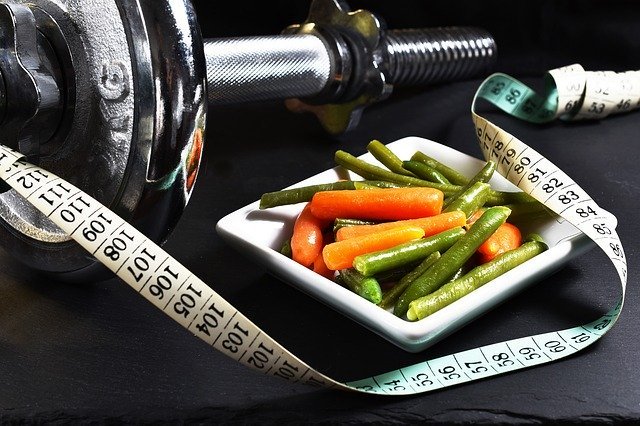
Obesity is one of the leading factors contributing to cancer development worldwide. Previous research has suggested that what you eat affects your risk of getting cancer.
But your risk of developing cancer isn’t the only thing impacted by your food.
The food you eat also has a big impact on how you will react to treatment if you develop cancer, and scientists don’t know enough about it to make meaningful clinical decisions.
In a new review paper, researchers found that people’s body weight and diet also affect the trajectory of cancer and the response to treatment.
Generally, obese patients respond worse than non-obese patients to cancer treatments, and as a result, they have worse outcomes overall.
The research was conducted by a team at The Institute of Cancer Research.
The basic cause of cancer is damage to DNA. The damage can take lots of different forms, but in all cases, it causes a cell’s replication to go haywire.
Cancer cells undergo all kinds of changes that normal healthy cells do not—they change their energy sources, alter their processes and rewire themselves in unusual ways, doing anything they can to survive.
Sometimes, cancer is predetermined. DNA faults can be traced back as far as the womb for some cancer types, and for others, it’s exposure to cigarettes or the sun that leads to the DNA damage.
But what about the direct impact of the food you eat on cancer cells?
The big picture—being obese puts you at increased risk—is clear, but thus far, little work has been done to assess the impact of diet on cancer.
The team says in the case of smoking, cessation is obviously is a good thing, but stopping someone for eating is, obviously, not possible and doctors do not have solid advice about what patients could change to increase the likelihood of their particular therapy to work.
Little is known about how the diets of those who are obese should be modulated to get the best out of cancer treatments.
Someone who is obese will be at an increased risk of cancer, and scientists have a fair idea about what changes they could make to get their weight to a healthier level, and therefore reduce their risk of developing the disease.
But those same dietary changes don’t apply once they have already been diagnosed with the disease, in fact, those changes could have the opposite effect.
The team says having a high level of antioxidants while people are receiving treatment seriously impedes the drugs’ ability to do the job. This has very recently been shown to be the case in breast cancer as well.
The same could be the case for obesity.
The lead author of the study is Dr. Barrie Peck from the Structural Biology Group at The Institute of Cancer Research.
The review is published in Trends in Cancer.
Copyright © 2020 Knowridge Science Report. All rights reserved.



